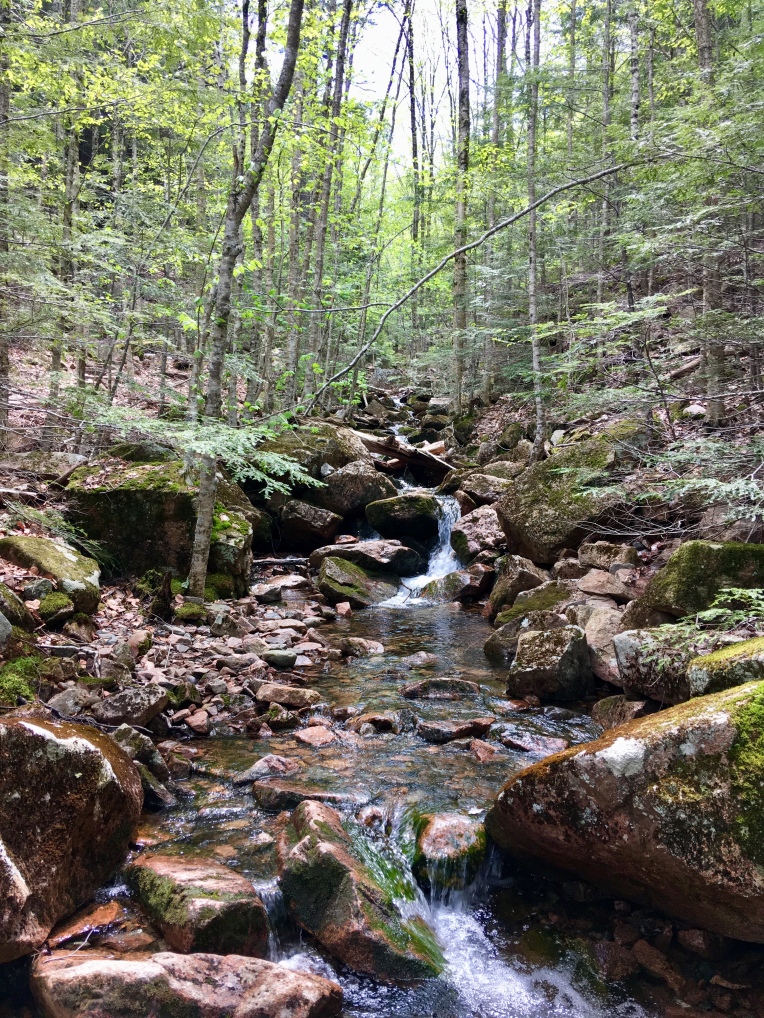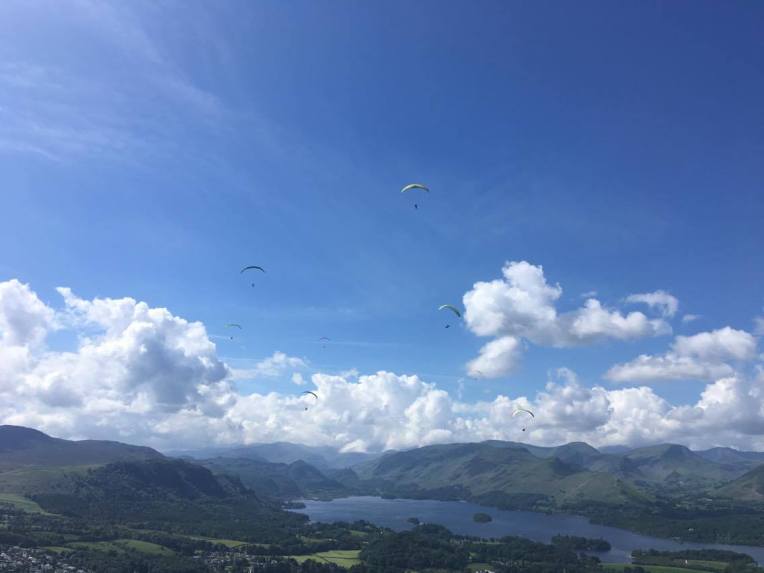Today, in our fourth lesson together, I asked my Year 7s to write a short piece describing their musical experiences and interests. The assignment title was ‘My musical autobiography.’ This 15-minute activity provided me with considerable insight into their individual musical lives, which will certainly inform my lesson planning over the coming weeks and months. It also prompted valuable discussion amongst the class about their different experiences of primary school music, their musical likes and dislikes, and their expectations about music at secondary school.
I am greatly enjoying my return to teaching. I managed to submit my thesis before starting this job, but I am yet to defend it and I also have several other academic writing commitments still bubbling away. Unsurprisingly, my attention to these projects has been limited during the last month! Alongside my work at school, I’m dedicating my time to visiting loved ones in the UK, developing my long-term career plans, and to recovering mentally and physically from the pressure of finishing my thesis. But those academic obligations have been nagging away at me and I know, deep down, that fulfilling them is a necessary part to concluding that phases of my life. Tonight, I finally managed to sit down and open one such document.
It seemed almost spooky that this document required an author biography. Unlike Year 7 written tasks, however, academic biographies are not spaces where the writer shares their opinions about drill and grime, explains how their parents have influenced their musical tastes, or describes their memories of whole-class recorder lessons. Rather, they are written in the third person and the present tense, and focus on affiliations and achievements. Which is presumably a straightforward task for individuals who either hold permanent posts at a university or expect to remain in their current role for the near future. What to write when you are awaiting a PhD examination, though? Especially when the biography publication date is after said exam, and it may be tempting fate to say you’ve passed? And in 75-100 words? I’m pretty sure I could describe my academic career more easily in ten words or a thousand words, rather than a middle-ground that simultaneously requires detail and prohibits explanation. In this period of reconnecting with home, loved ones and core values, and feeling so much more certain about myself and my role in my community, it was disconcerting to feel so undefinable.
I am left wondering what assumptions I make about defining the children I teach and whether I make further assumptions based on the institutions with which they are affiliated. I am also wondering how much space the PhD would take up in my autobiography were I to write it tomorrow, or in ten or twenty years’ time. And how that would vary were my biography to be written by a family member or friend, a teaching or academic colleague, or even a pupil. It is reassuring to know that, in my current state of academic limbo, I have other achievements and affiliations.












